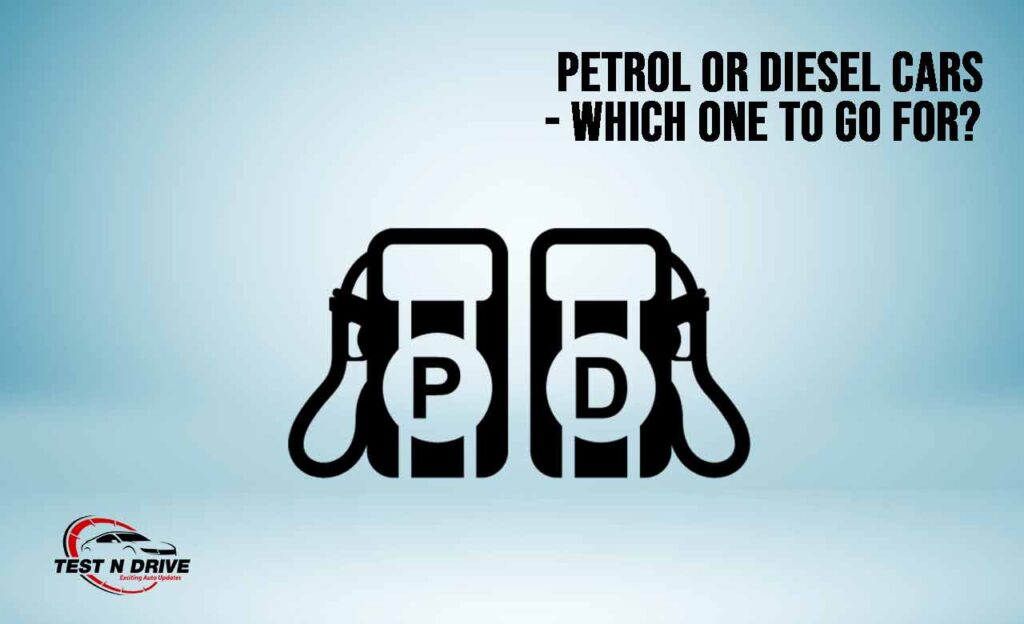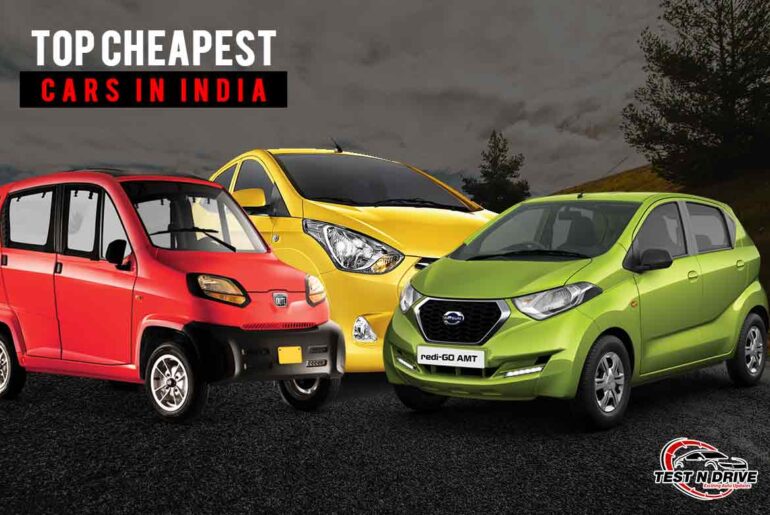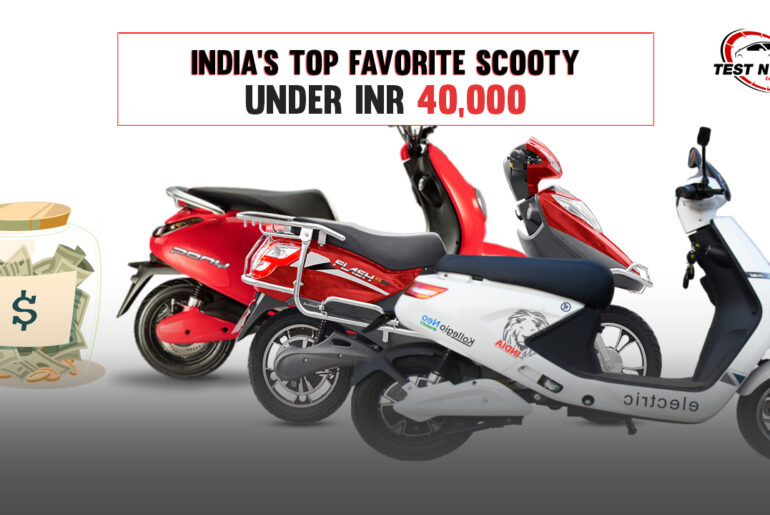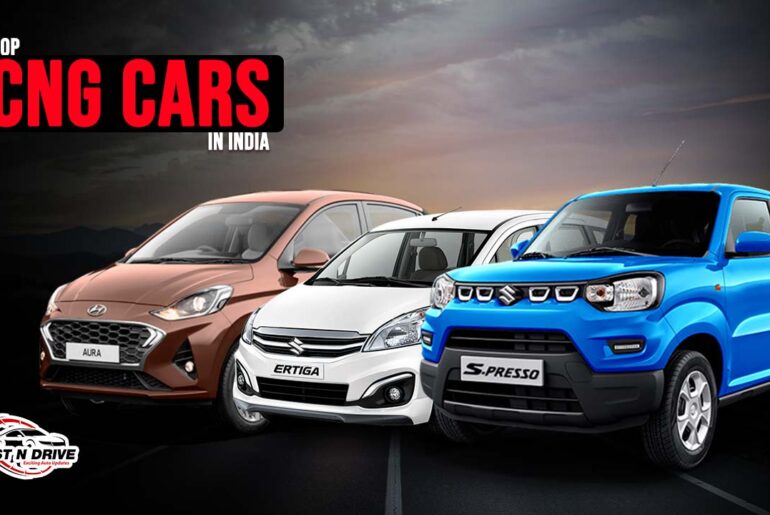Which car is better, petrol or diesel – this is an age-old dilemma that haunts car buyers every time they intend to make a purchase. To avoid this impasse, one should be well aware of the things a petrol car offers and what its diesel counterpart proposes as well, along with the major differences between them. At the end of the day, it depends on the person as to which car best fulfills their needs and demands – whether it is petrol or diesel. The potential buyer should also be aware of their requirements, without which none can satisfy them fully. Considering this plight, the following articles throw light on which is better to buy a petrol or diesel car.
Which Car is better Petrol or Diesel?
At first glance, this question is without any direct answer because of its unique nature. Before answering this question with an air of decisiveness, many factors have to be taken into consideration and all properly evaluated and compared. If you know your preferences and necessities correctly, the only task that remains is to know the main points of contrast among the features of a petrol and diesel car. Sound knowledge of both variants makes the choice a whole lot easier for anyone. On this note, we will further divulge the topic of which car is good petrol or diesel in detail.
Petrol and Diesel Cars – Comparison & Contrast
Whenever these two are concerned, often the keywords, i.e. petrol and diesel, are not the only differing aspects. A bunch of factors contributes to them being polar opposites of each other. Without knowing about them, a deciding remark about one’s supremacy cannot be made. To make things easy for you, we have jotted down the main contrasting points of each variant in an orderly manner.
Petrol VS Diesel Cars
To put a definite end to the hotly debated topic of if it is better to buy petrol or diesel car, we will register a comparative study between the two.
Price
- Petrol cars have a more budget-friendly range when pricing is concerned.
- Diesel cars cost relatively higher than petrol-run vehicles as far as pricing goes.
Servicing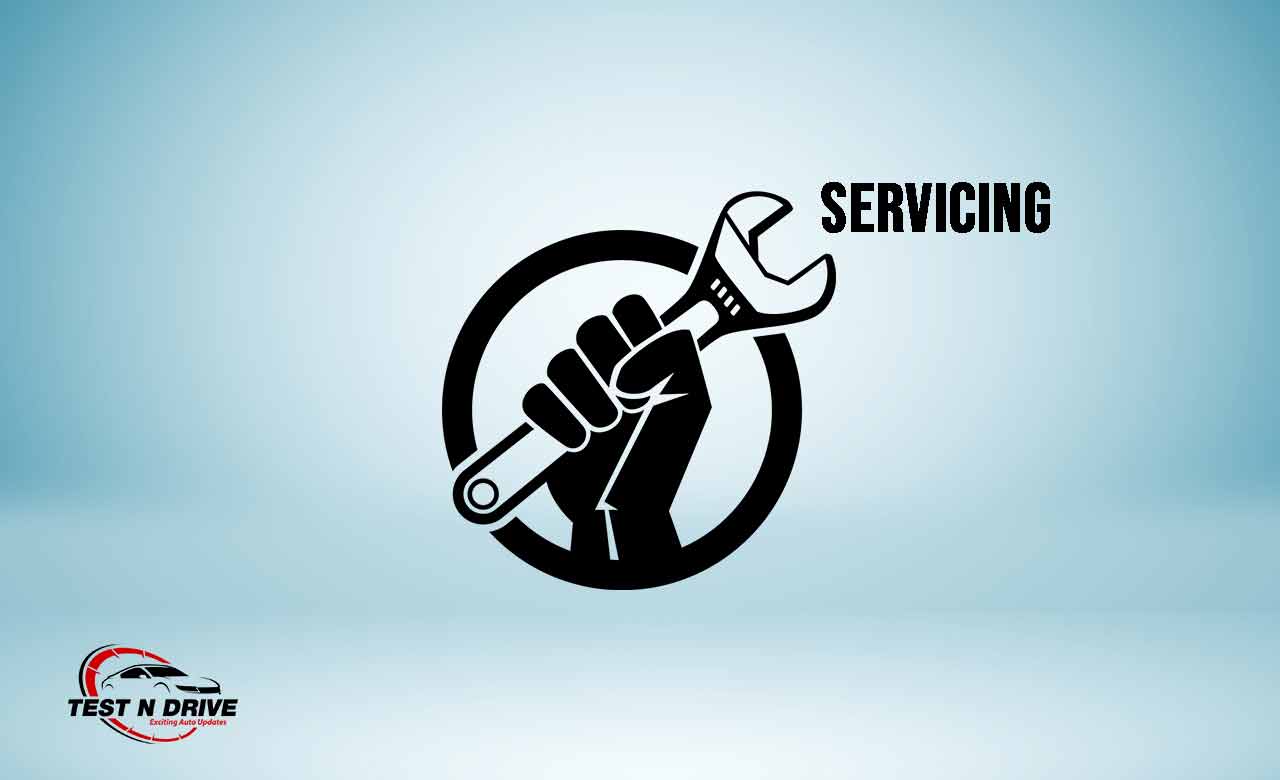
- Cost-wise, servicing, and maintenance are low.
- Servicing on intervals costs a notch higher than petrol cars.
Mileage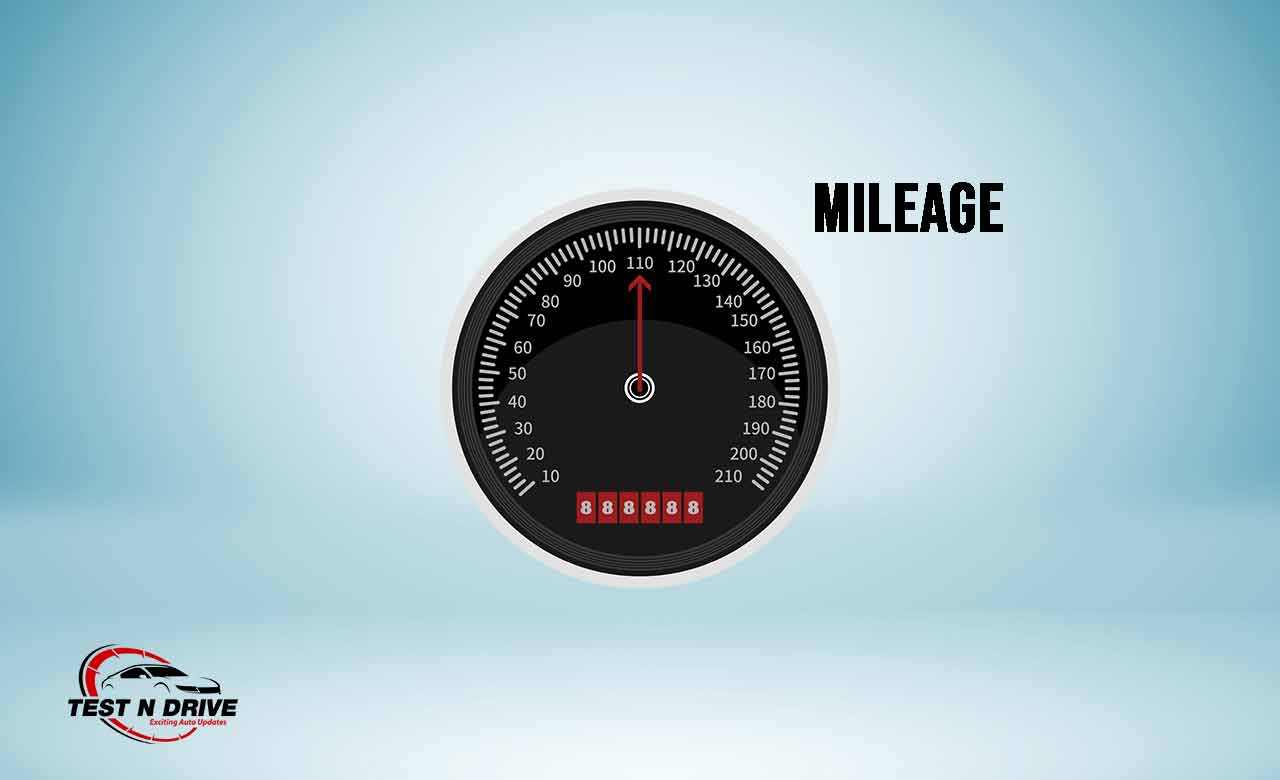
- Often a deciding factor whilst buying, the mileage output of petrol cars remain constantly on the lower side.
- One-upping the petrol cars, diesel-powered cars are fuel-efficient and deliver above-average mileage.
Drive quality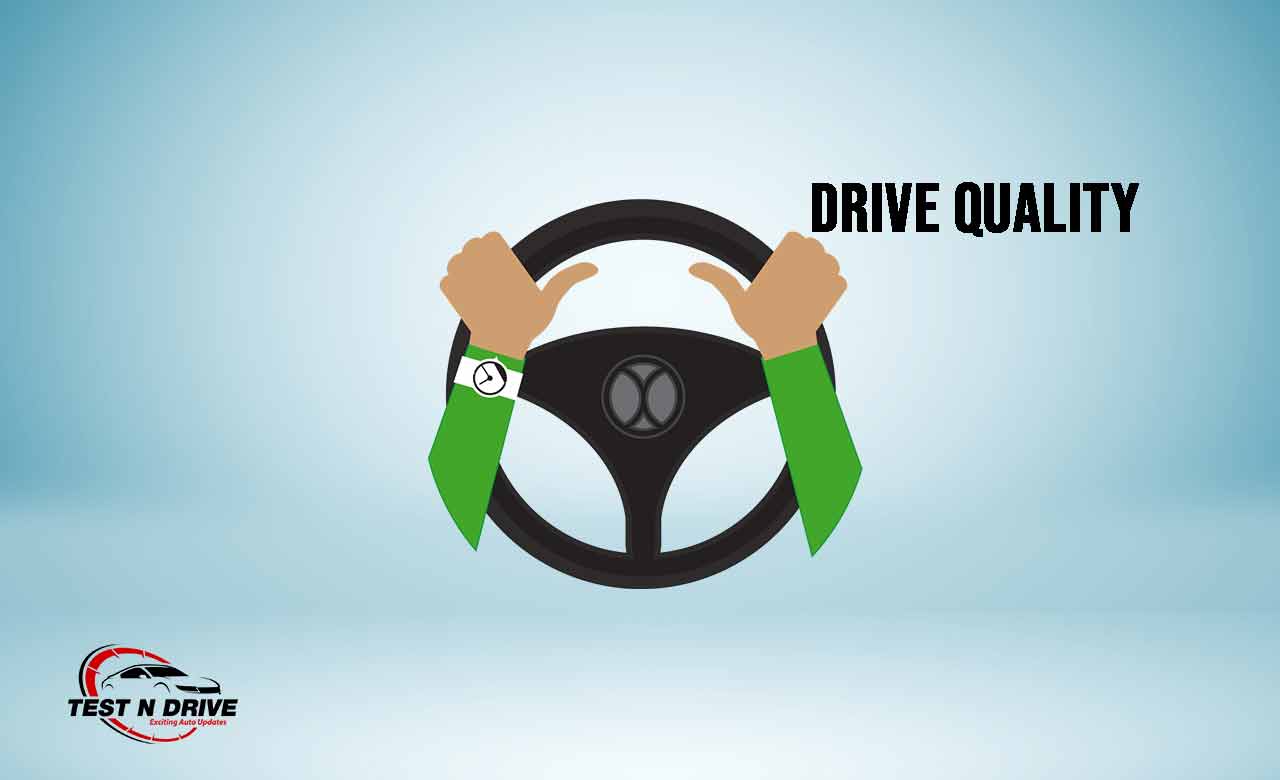
- Cars running on low drive smoothly without producing much noise and vibration.
- Diesel cars are less refined in this department.
Power output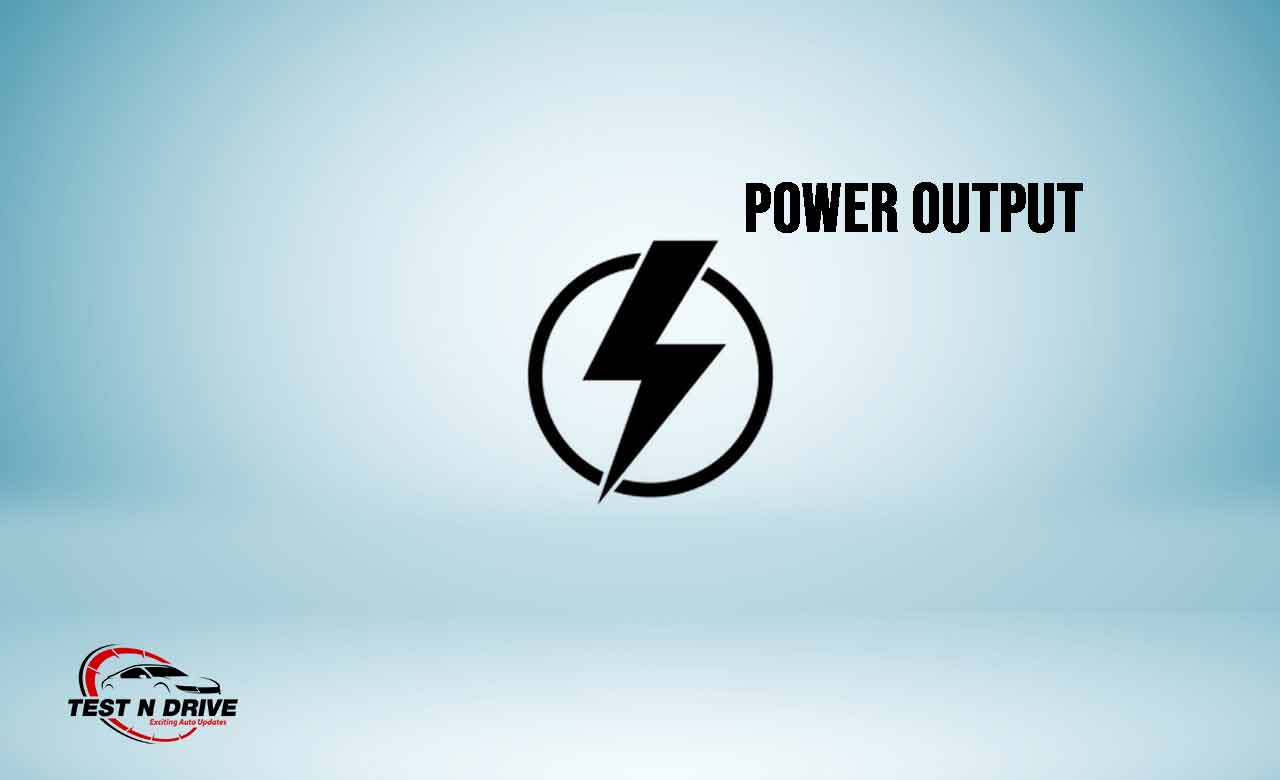
- Petrol cars can generate steady power and more or less remain the same throughout the ride.
- Diesel cars win this round since their engines are more able and can deliver more power upon acceleration.
Fuel price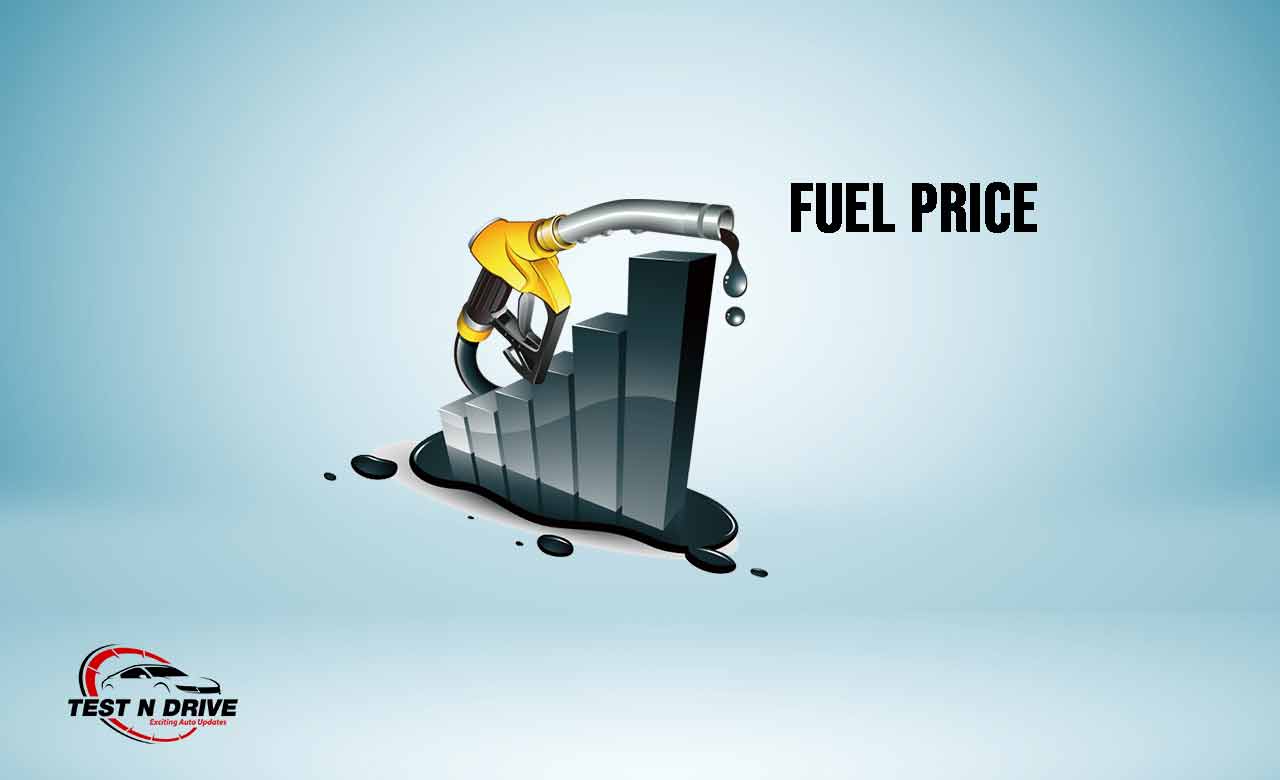
- As a known fact, petrol is more expensive than diesel and costs more.
- Diesel prices are comparatively less than petrol.
Resale value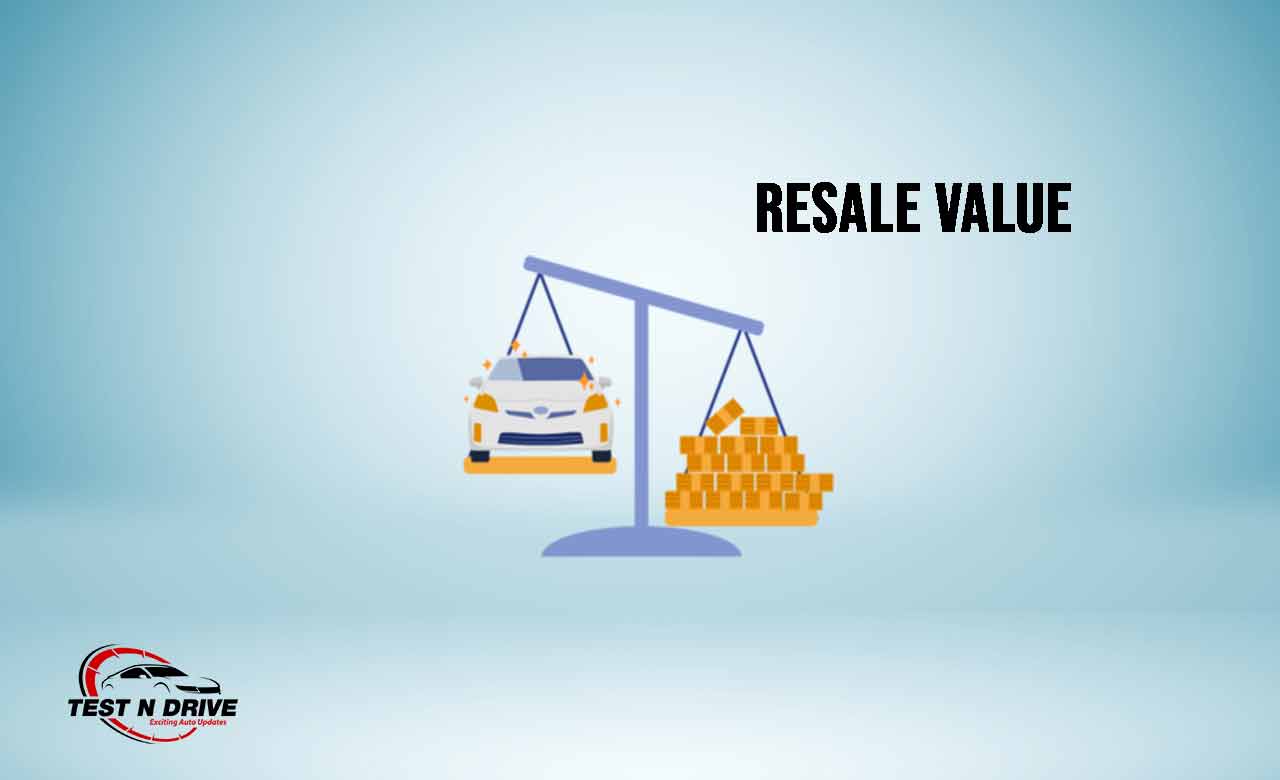
- After a certain period, Petrol cars cannot provide much resale value.
- Diesel cars have superior resale value and a greater lifespan.
Tata Nexon petrol & diesel – similar or different?
To portray a better picture of the comparative fields of petrol and diesel cars and decide which car is better petrol or diesel, we have taken into account Tata Nexon – available both in petrol and diesel models.
Difference in price
The base variant of Tata Nexon petrol has an ex-showroom price of 7.29 lakhs, whereas the base diesel model’s ex-showroom price is 8.59 lakhs. Thus there is a clear distinction of just over 1 lakhs in pricing between the petrol and diesel variants of Tata Nexon.
Difference in performance
Although having the same engine displacement, Nexon petrol can churn out 118 bhp of power and 170 Nm torque. However, the Nexon diesel model can generate a maximum of 108 bhp power and 260 Nm torque. The number clearly states that although the petrol model has more power and initial acceleration, the diesel variant can prove beneficial in the long run as it derives more pulling energy when needed.
Difference in mileage
Tata Nexon petrol has an ARAI certified fuel economy of 17 kmpl, while Nexon diesel can deliver 21.5 kmpl of mileage.
Regarding the comparison between a petrol and diesel car and proving which car is better petrol or diesel, these three take the top priority.
Differences in petrol and diesel engines
Generally speaking, engine displacement often plays a decisive role in the car’s purchase, aside from mileage. When the above two, along with the fuel type, is set, other specifications gradually come into the light and play secondary roles, although budget is also a thing of concern. This time, our table of comparison will be more specific.
Petrol engine VS Diesel engine
- A petrol engine generally works on the Otto cycle, whereas a diesel engine works on a diesel cycle.
- The fuel economy of petrol engines is low, while diesel engines deliver a mileage slightly above average.
- To start a petrol engine, typically, the spark-ignition system remains crucial. A diesel engine can be started by a compressed ignition engine.
- Petrol engines cost less to maintain than diesel engines, which cost more.
- Power-wise, diesel engines have the upper hand.
- Petrol engines are the power sources of bikes and lightweight vehicles. On the flip side, diesel engines work as powerhouses of SUVs and heavyweight vehicles.
- Petrol engines have a low compression ratio as opposed to diesel engines which have a high compression ratio.
Which Car is better Petrol or Diesel – Price Comparison
It is a common fact that diesel costs less than petrol. So diesel cars have a lead here. However, the maintenance of diesel cars is relatively high than petrol-run vehicles. So it is now at a stalemate.
As of January 2022, 1-litre petrol costs Rs. 105.18, while diesel/litre is Rs. 89.79 (price in West Bengal, India).
Which car is better, petrol or diesel – whenever this dilemma arises a comparative study will always include the advantages and disadvantages of both petrol and diesel cars. The next part elaborates further on it.
PROs of petrol cars
- More affordable and easy to maintain
- Engine response and acceleration is smooth
- Can withstand harsh weather conditions and rough terrains
CONs of petrol cars
- Comparatively low on fuel economy
- Petrol engines are rare in SUVs and other heavy-duty vehicles
- The fuel price is high, and the car is low on resale value
PROs of diesel cars
- Engine lasts longer; therefore, a diesel car is more durable and has great resale value
- Mileage output is better than petrol-run cars
- Has more torque output and pulling power
CONs of diesel cars
- A bit high in terms of price
- Engines are generally not suited for hatchbacks or lightweight vehicles
- Not considerate about carbon emissions
Our Take
Even after a comprehensive comparison, the fact remains that the driver’s requirements are the true criteria for deciding which is good petrol or diesel car. When focusing solely on fuel economy and fuel cost, diesel cars have the upper hand. And yet, their maintenance can use up the saved amount in the last category. So a sensible choice is not to judge a car based on a single characteristic. Instead, aim to own a car having a reasonable running cost and resale value. For regular short-distance commuting and chances of buying another vehicle in the future, petrol cars are the best. But if your daily activities ask for long runs, a diesel car is the best option.
Best Selling Petrol Cars in India
1. Maruti Suzuki Swift
2. Hyundai Venue
3. Maruti Suzuki Baleno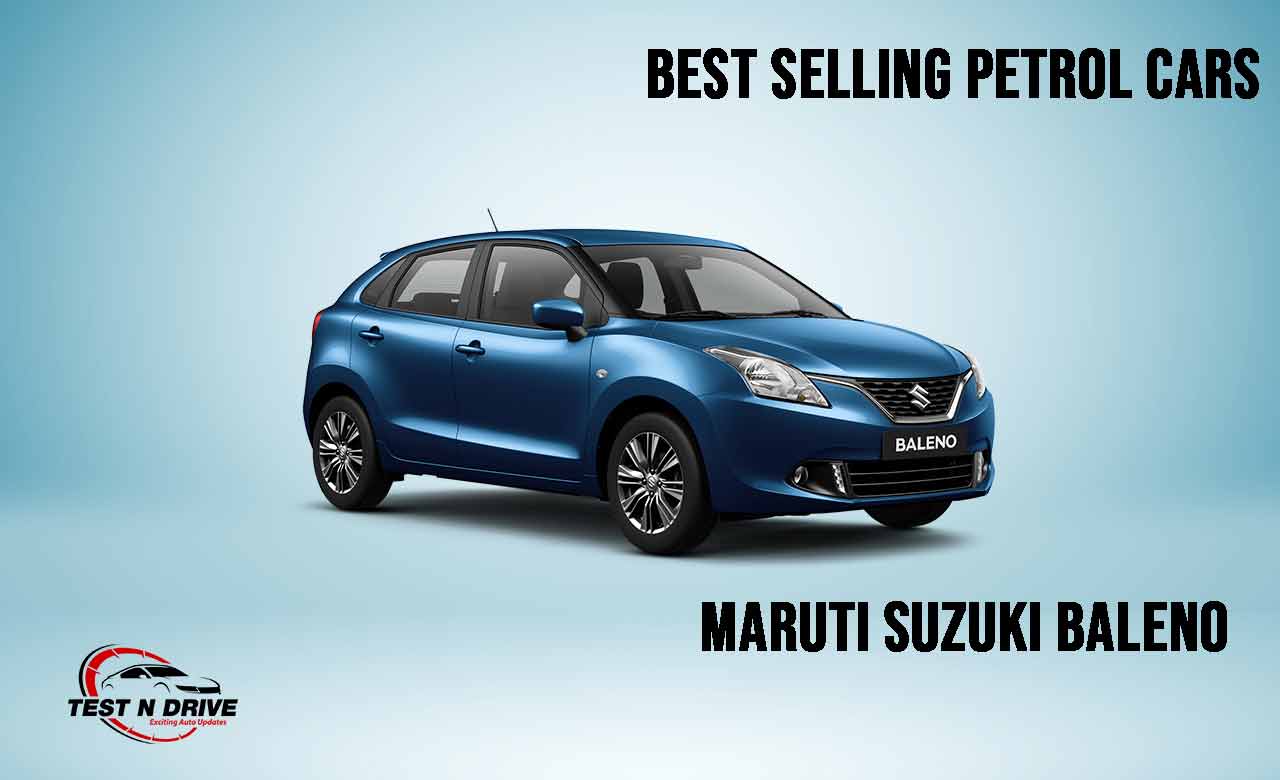
4. Maruti Suzuki Dzire
5. Hyundai i20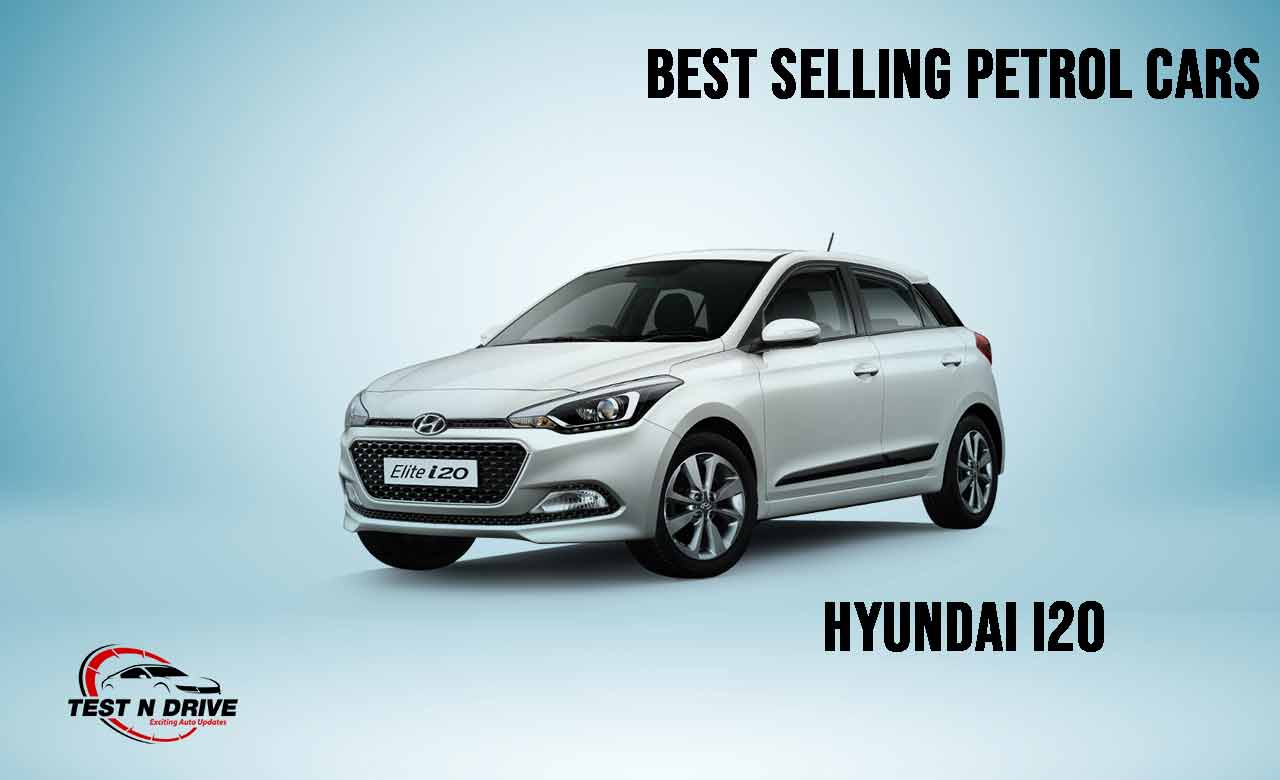
Best Selling Diesel Cars in India
1. Honda Amaze
2. Ford Figo
3. Hyundai Creta
4. Hyundai Grand i10 NIOS
5. Ford EcoSport
Frequently Asked Questions
Which is more powerful – petrol or diesel cars?
Petrol cars are more powerful due to higher rpm and acceleration potential.
Which is more reliable – petrol or diesel cars?
Petrol cars stand victorious in this segment, as they are unlikely to break down mid-way.

